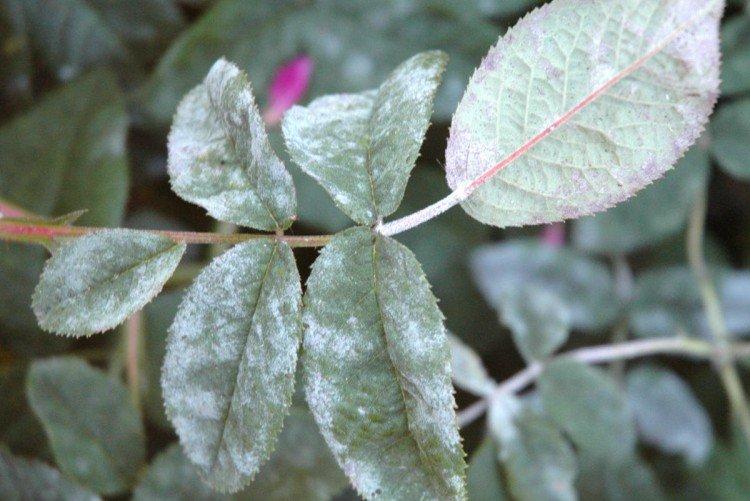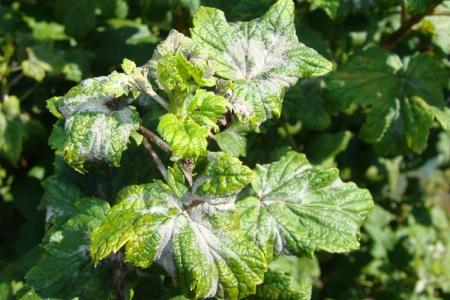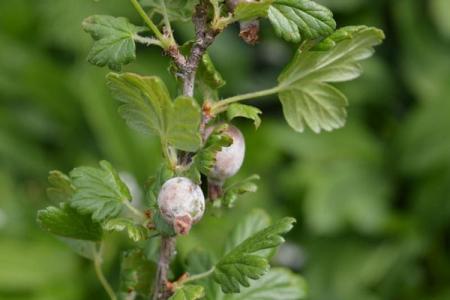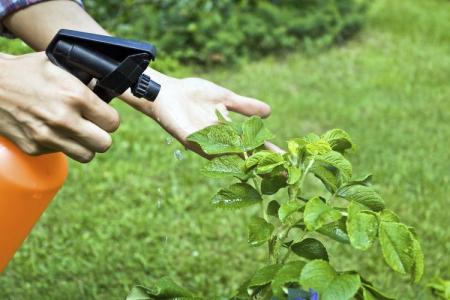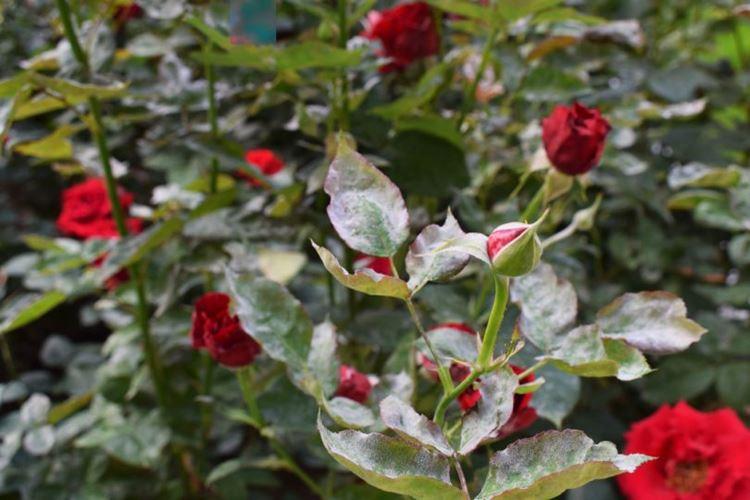
Unfortunately, even luxurious roses are not immune to disease. For example, gardeners regularly encounter powdery mildew, which is sufficiently high in humidity and temperature extremes. But don't worry, we have already learned about the best methods of struggle and are sharing the ins and outs of treatment for your rose garden!
What is powdery mildew?
The garden fungus, which lives on all cultures almost without exception, got its name for its characteristic symptomatology. It is transmitted between plants through direct contact, wind or water droplets. Even if a rose suffers a disease, its immunity will suffer greatly and, most likely, it will die in winter from frost.

Reasons for the appearance
Powdery mildew appears on warm summer days, when the fungus finally wakes up after winter. Temperature extremes and high humidity contribute to its spread. If roses have weakened immunity, improper conditions or lack of nutrition, the risks increase rapidly!
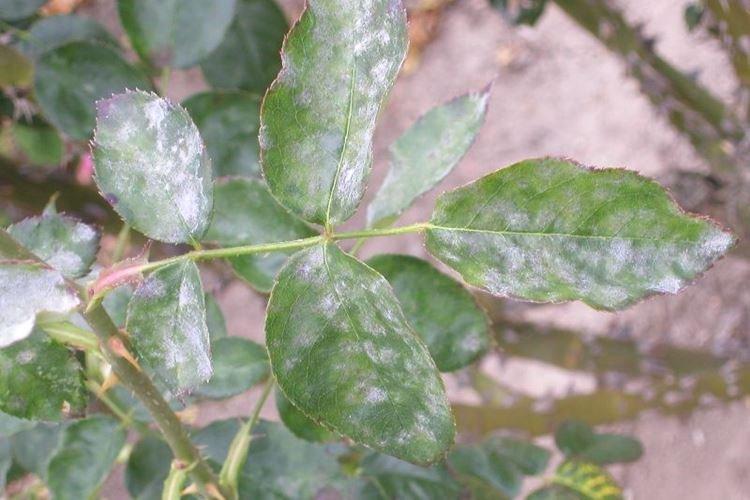
How to recognize a disease
It is very easy to recognize powdery mildew on a rose: the leaves are covered with a dirty whitish bloom that looks powdery-velvety. These are fungal spores that are spreading more and more from the bottom up. When the myceliums ripen, wet droplets appear - which is why the disease got its name.
Rose shoots stop growing and developing, and the buds are deformed and lose their decorative effect. Over time, the leaves turn completely black and become rough. By the end of summer, the rose can be completely covered with brown myceliums, and in the fall it dies.

Chemicals: how to treat?
Powdery mildew is the most common of all rose fungi. At the same time, it is well studied and can be successfully treated with special fungicides.
Copper sulfate
Copper sulfate preparations are best used to prevent fungus. The product is also suitable in its pure form - about 100 g per bucket of water.
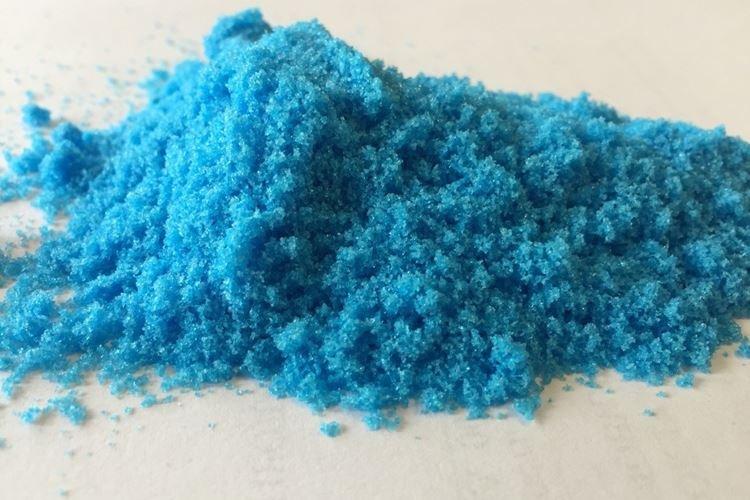
Bordeaux liquid
A versatile remedy that cures most of the problems that gardeners face. Preventive treatment at the correct dosage is good for the immunity of the rose.

Colloidal sulfur
Dilute about 30 g of sulfur in a bucket of water and treat diseased roses. For a more pronounced effect, you can add another 5 g of copper sulfate, but first you need to dilute it separately.
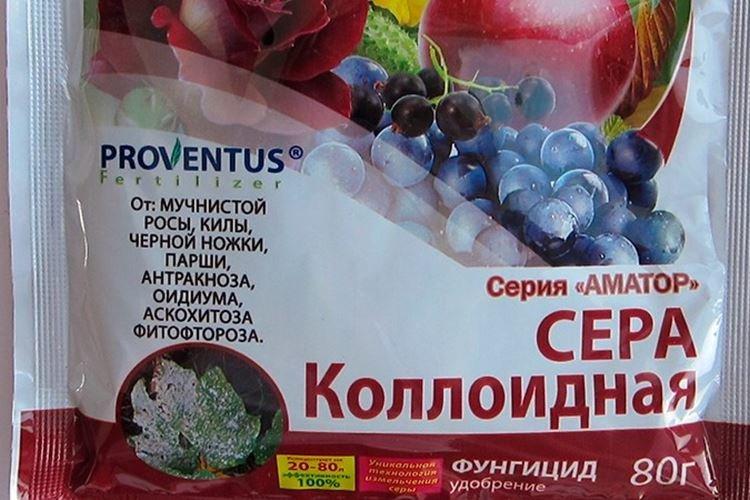
Fitosporin
This biofungicide is completely non-toxic, does not affect flowering and has practically no contraindications. This is one of the mildest, but very effective drugs against powdery mildew.

Planriz
Most often, Planriz is needed to prevent the disease, but if powdery mildew has already appeared, he also copes well. At the same time, flowering will be just as lush and beautiful if the roses are processed on time.
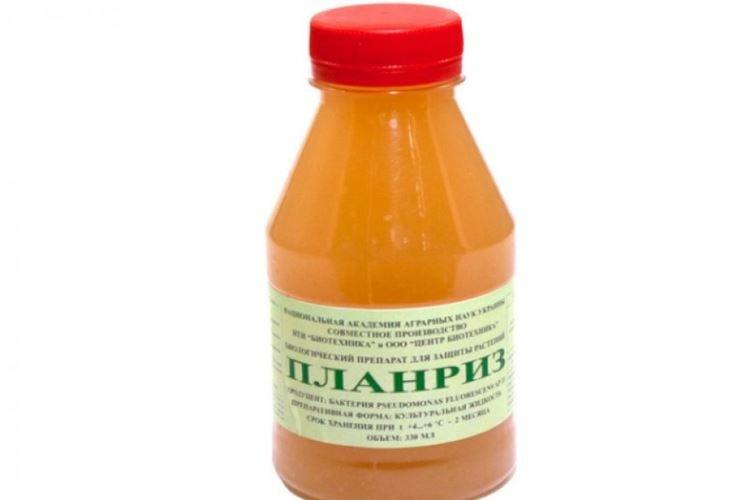
NV-101
It is not even a fungicide, but a plant stimulant that has a good effect on the immunity and stress resistance of roses. If you treat it with a rose garden once a week during the season, the fungus can be avoided.
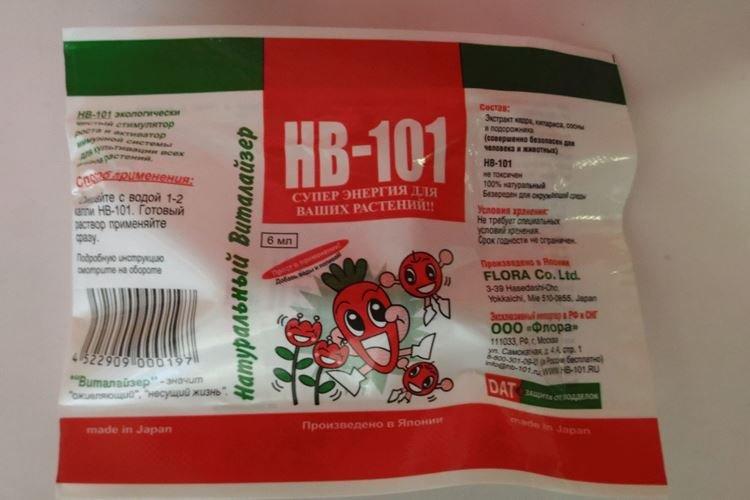
Fundazol
When using Fundazol, a systematic approach and adherence to the treatment schedule is especially important. Be sure to read the instructions and use the dosage specifically for the rose.
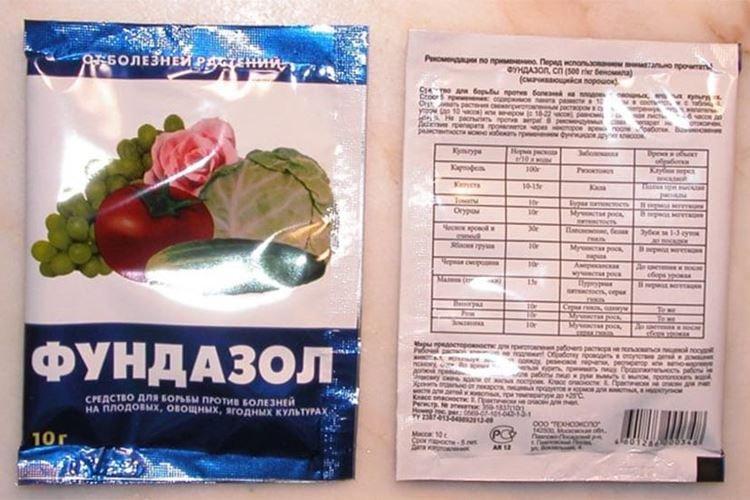
Fitolavin
The biological product helps well against powdery mildew and bacterial infections. It is intended for fruit and vegetable crops, but is also well suited for healing roses.
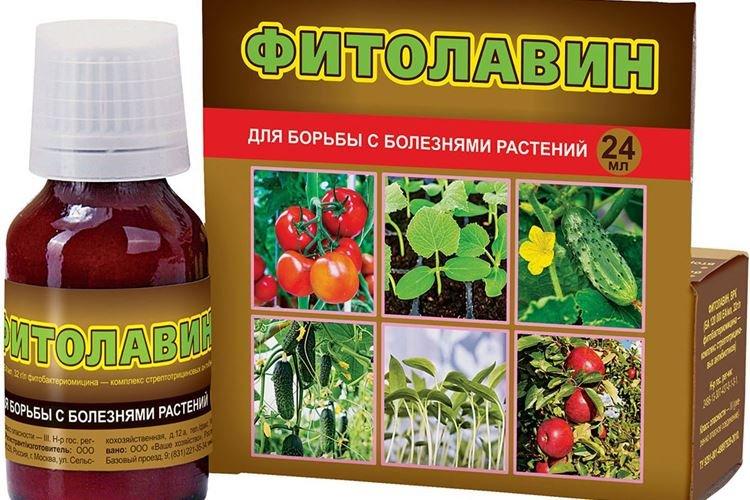
Oxyhom
The preparation provides double and all-round protection of roses from fungi and infections. The fungicide has a broad spectrum of action and also helps with downy mildew.
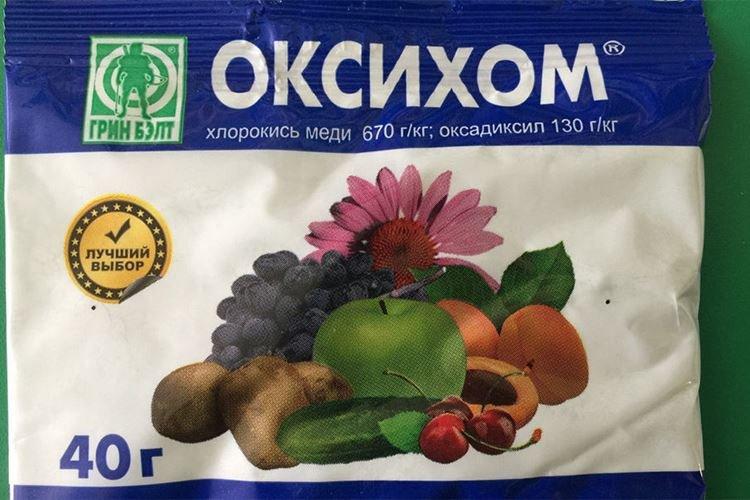
Topaz
A versatile remedy that is great for preventing and treating fungus. In addition to powdery mildew, Topaz also destroys other dangerous pathogens.

Speed
The complex fungicide is sold in ampoules and vials for ease of use. It helps with two main problems of roses - powdery mildew and mottling.

Bayleton
The advantage of this fungicide is that it is completely safe for bees and beneficial insects. Therefore, it can be used in the garden in any season and regardless of what crops you grow.
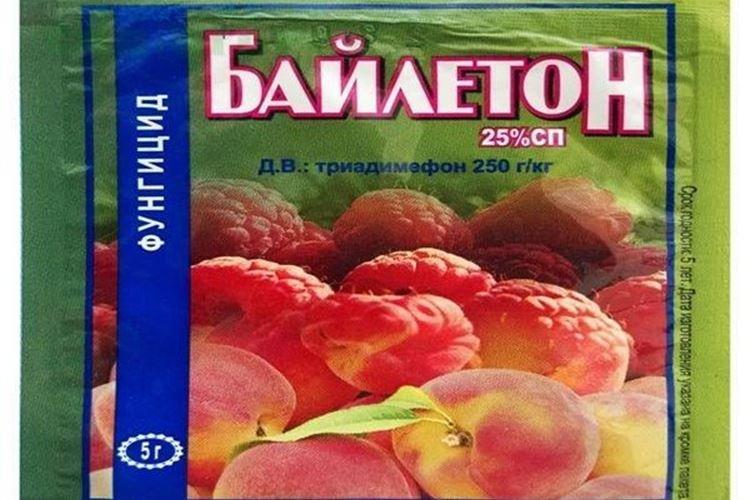
Folk remedies: how to fight?
Mealy fungus on roses is such a common problem that there are many really effective ones among folk recipes. Let's talk about the best of them!
Ash
Ash treatment is not only a gentle disinfection and an obstacle to the development of fungus, but also an additional fertilizing for roses. For 5 liters of boiling water, you need about 3 glasses of ash, and be sure to let the mixture brew for at least 2 days.
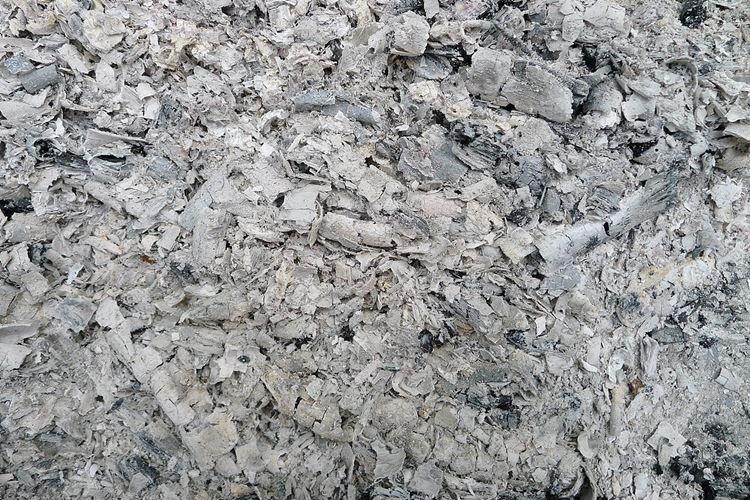
Siderata
Mowed weeds, grass and garden siderates are suitable for the preparation of medicinal and health-improving infusions. Add half a bucket of chopped green manure to the brim with hot water, and send it to a dark place for 2 days.
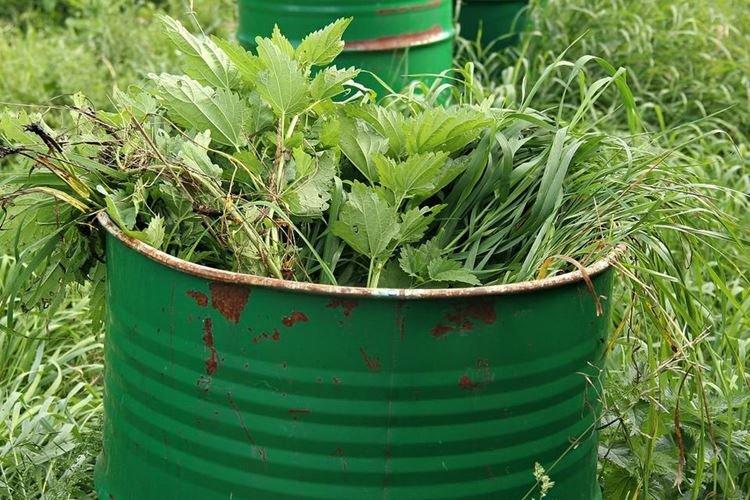
Tansy
Just 30 grams of dry tansy is enough for a whole bucket of hot water. But the solution is a little more difficult to prepare: first you need to stand it for a day, then boil it for 2 hours, and after cooling down, strain it. Tansy is suitable not only for processing roses, but also for the ground under them.
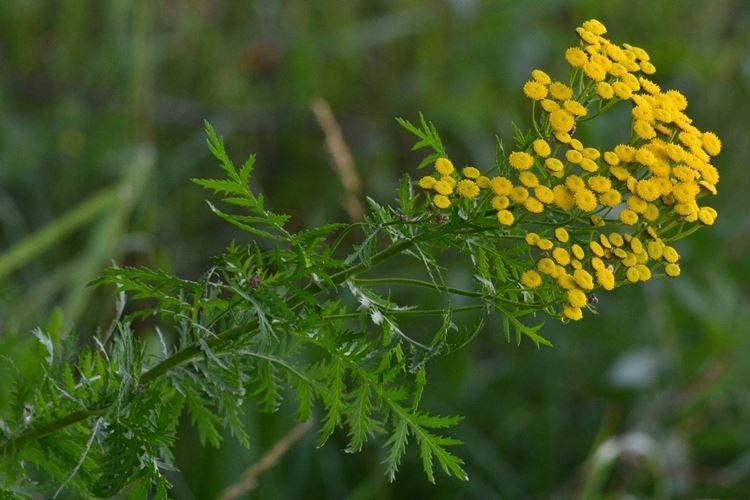
Aspirin
Just one aspirin tablet per liter of water - and this is almost a ready-made healing solution for a rose. We recommend adding a spoonful of soda, liquid soap and vegetable oil to it.
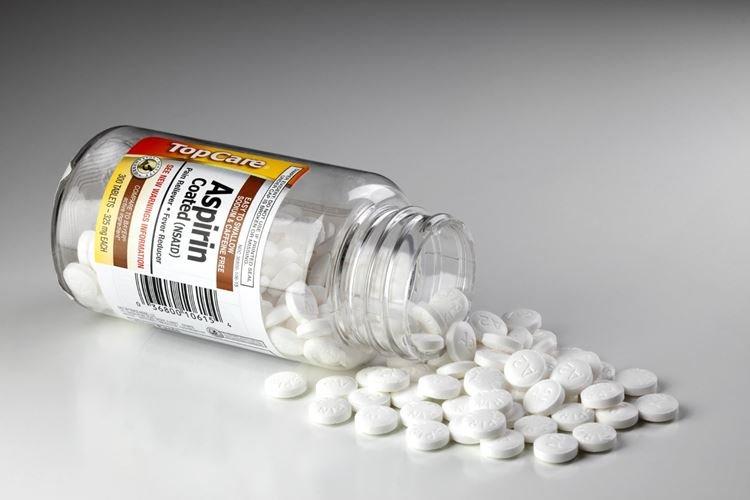
Onion peel
Onion infusion has a specific smell, but it effectively helps in the fight against powdery mildew and even repels pests. A bucket of hot water needs up to 300 g of husk, and after 2 days you can spray roses.
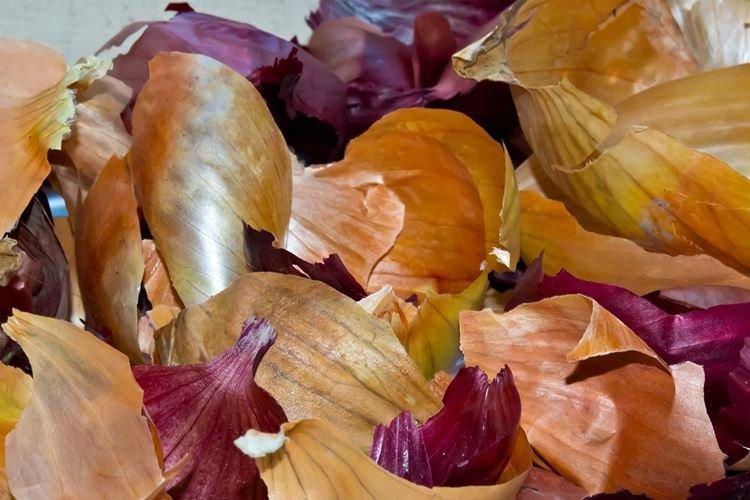
Garlic
Garlic infusion works on the same principle as onion infusion, and has a positive effect on the immunity of roses in general. For a liter of water, you need about a head of chopped garlic - and the composition is ready!
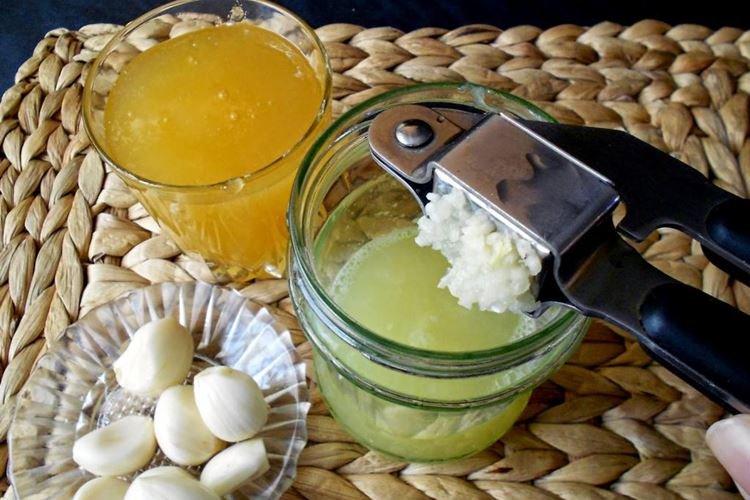
Kefir
Fermented milk whey is another versatile mild remedy for any horticultural crop. Dilute whey from kefir, yogurt or sour milk with water 1:10.

Mustard powder
It is quite aggressive against powdery mildew and is therefore not recommended for use during flowering. You only need 2 tablespoons for a bucket of water. powder - and in no case more!

Prevention of powdery mildew on roses
There is no one hundred percent measure that would prevent the appearance of powdery mildew on roses. But from the beginning of the season, carry out scheduled spraying with fungicides, and so on - until the very preparation for winter. If you do not want to use chemical pesticides, then choose biofungicides or folk remedies.
At the end of the season, always remove plant residues, because the fungus hibernates in them. Make sure that the roses do not thicken too much: observe the distances when planting and carry out sanitary pruning. Because cramped conditions, lack of air and chronic humidity are ideal conditions for powdery mildew.
Cut out any damaged and frozen shoots in early spring. Check roses regularly to detect powdery mildew early and begin treatment. Apply nitrogen fertilizing on time and do not overdo it, because excess nitrogen also contributes to the development of the fungus.
